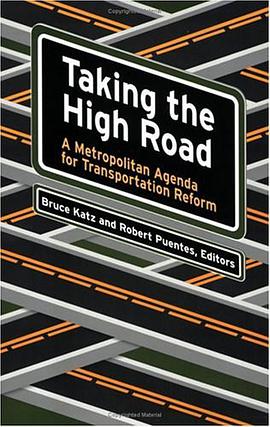

Why do attempts by authoritarian regimes to legalize their political repression differ so dramatically? Why do some dispense with the law altogether, while others scrupulously modify constitutions, pass new laws, and organize political trials? Political (In)Justice answers these questions by comparing the legal aspects of political repression in three recent military regimes: Brazil (1964–1985); Chile (1973–1990); and Argentina (1976–1983). By focusing on political trials as a reflection of each regime’s overall approach to the law, Anthony Pereira argues that the practice of each regime can be explained by examining the long-term relationship between the judiciary and the military. Brazil was marked by a high degree of judicial-military integration and cooperation; Chile’s military essentially usurped judicial authority; and in Argentina, the military negated the judiciary altogether. Pereira extends the judicial-military framework to other authoritarian regimes—Salazar’s Portugal, Hitler’s Germany, and Franco’s Spain—and a democracy (the United States), to illuminate historical and contemporary aspects of state coercion and the rule of law.
具體描述
讀後感
用戶評價
相關圖書
本站所有內容均為互聯網搜索引擎提供的公開搜索信息,本站不存儲任何數據與內容,任何內容與數據均與本站無關,如有需要請聯繫相關搜索引擎包括但不限於百度,google,bing,sogou 等
© 2025 onlinetoolsland.com All Rights Reserved. 本本书屋 版权所有




















